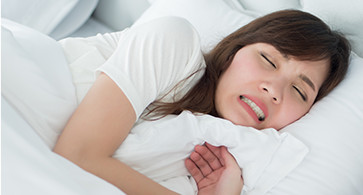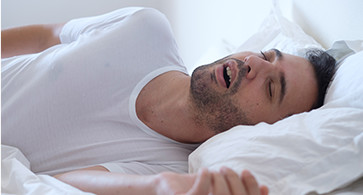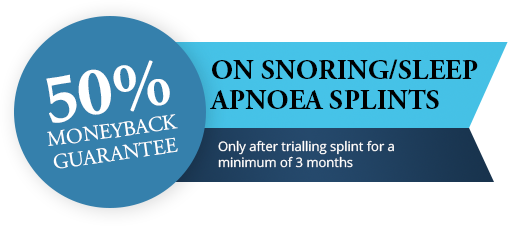
Improve Your Sleep and Health at our Melbourne Sleep Clinic
A good night’s sleep is essential for our well-being. It plays a vital role in our physical, mental, and emotional health, giving us the energy we need to look after ourselves and those we care about. At our sleep health centre in Melbourne, we offer personalised solutions to help you achieve better sleep and a healthier life.
Our Melbourne sleep-disorder centre, led by a dedicated sleep expert, is highly experienced in diagnosing and treating a range of sleep disorders with expert care and advanced treatments. Our team collaborates closely with experienced sleep physicians to provide comprehensive care tailored to each patient’s needs.

Our Dental Sleep Disorder Treatments
At the Melbourne Dental Sleep Clinic, we help people to manage snoring, obstructive sleep apnoea, and bruxism. Visit our Footscray and Niddrie clinics for the latest oral appliance therapy to treat problems including:
Snoring
Are you or your partner victims of loud and persistent snoring? If so our experienced team can help.
Bruxism
Our dental sleep disorder clinic in Melbourne utilises state-of-the-art oral appliances to help alleviate the damaging problems of teeth grinding at night.
Sleep Apnoea
Using the latest mandibular advancement splint technology, Dr Teo can help patients to better manage their potentially serious sleep apnoea disorders.
TMJ Disorders
Is chronic jaw pain affecting your sleeping pattern or daily life? If so, we can help with innovative oral appliance therapy that reduces pressure on surrounding muscles.

Effective Oral Appliance Therapy
Oral appliance therapy is an effective alternative to costly CPAP treatments for sleep disorders. Using the latest customised splints, Dr Teo can help you manage snoring, sleep apnoea, and bruxism problems which can otherwise lead to severe jaw pain, damaged teeth and even life-threatening conditions.

Effective Oral Appliance Therapy.
Oral appliance therapy is an effective alternative to costly CPAP treatments for sleep disorders. Using the latest customised splints, Dr Teo can help you manage snoring, sleep apnoea, and bruxism problems which can otherwise lead to severe jaw pain, damaged teeth and even life-threatening conditions.
Why Choose Our Sleep Clinic?
Did you know that 4 in every 10 Australians suffer from some form of sleep deprivation? As one of the leading our Melbourne sleep and TMJ team, Dr Damian Teo and the team are passionate about helping people to better manage and control their sleep disorders with proven cutting-edge oral appliance therapy at our Melbourne oral sleep appliance clinic.
At our state-of-the-art Footscray and Niddrie dental sleep clinics in Melbourne patients can benefit from the latest CAD/CAM technology to fabricate customised, nylon mandibular advancement splints under the guidance of our practitioner who is experienced in sleep health. These appliances are less bulky, more comfortable, and far stronger than the existing acrylic types.
Effective Treatments
Simple but effective mouth-guard appliances are an accepted and reliable treatment for patients with snoring and mild to moderate obstructive sleep apnoea.
Quality Driven, Affordable
Made in Australian laboratories we use the latest customised nylon appliances. They offer an affordable and comfortable alternative to CPAP machines.
Satisfaction Guaranteed!
If our dental patients we see in Melbourne aren’t happy with their results, we will refund 50% of the appliance cost on snoring and sleep apnoea splints. Read more about it here.
What Our Patients Say
A Convenient and Cost-Effective Alternative to CPAP at our Melbourne clinic
Oral appliance therapy offers Melbourne patients with sleep-related dental concerns a more affordable, comfortable, and convenient alternative to Continuous Positive Airway Pressure (CPAP) machines for those diagnosed with snoring, sleep apnoea, and other sleep disturbances. As proven frontline treatments, sleek mandibular advancement splints deliver impressive results without the hassle of a bulky, noisy machine. While CPAP masks are uncomfortable, typically, it takes just a few days for patients to become acclimatised to our devices.
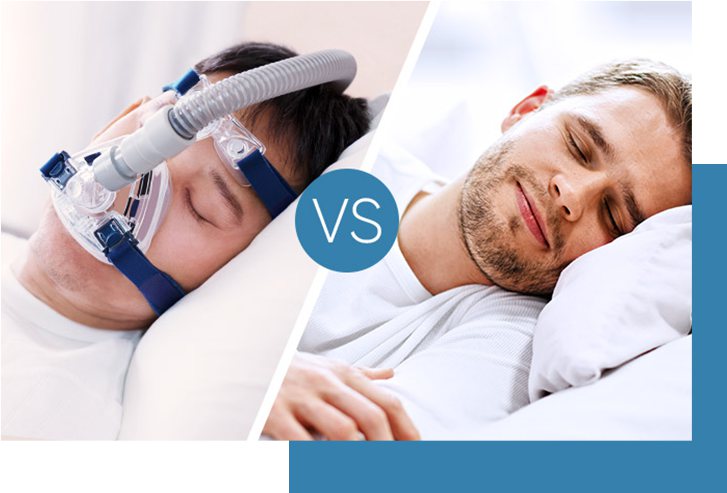
Latest News

Night Mouth Guard: How It Protects Your Teeth While You Sleep
If you regularly wake with jaw pain, dull headaches, or tender teeth, you may be grinding your teeth in your sleep without realising it. This unconscious habit, known as bruxism, is a leading cause of enamel wear, cracks, and muscle tension. Over time, it can lead to...
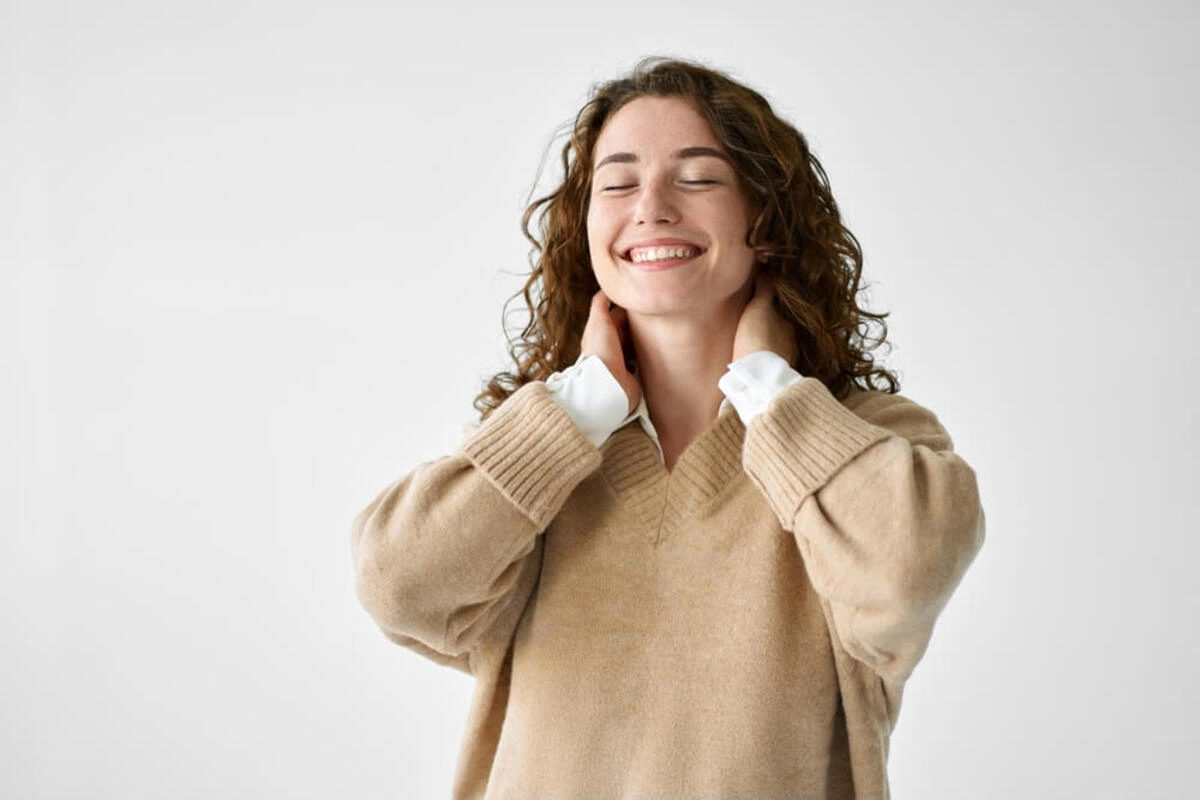
How Oral Appliances for Sleep Apnoea Improve Breathing
Sleep is essential for overall health. However, for many people, achieving restful sleep can be difficult due to a condition known as obstructive sleep apnoea (OSA). One treatment option that has gained growing attention in sleep medicine is using oral appliances for...
Put an End to your Sleep Problems in Melbourne Once and for All!
Whether you visit our Footscray dental sleep clinic or our Niddrie/Armadale suites, Melbourne patients can expect a warm welcome and caring and compassionate treatment. We aim to treat the root cause of your problems using proven and trusted oral techniques that work. Put an end to your sleep and jaw problems right now and call us to book an appointment with Dr Teo and the team at Melbourne Dental Sleep Clinic.
Contact our friendly team
Take Control of Snoring and Sleep Apnoea Today
Frequently Asked Questions
Do I Need a Referral to Visit Your dental sleep clinic in Melbourne?
In a word, no! Anyone looking to visit our dental sleep therapy clinic in Melbourne can do so by making an appointment. So if you are concerned about your lack of sleep, or you have a partner who is keeping you awake at night with their chronic snoring, then make an appointment at any one of our dental sleep clinics in Footscray, Niddrie or Armadale.
What happens at a sleep clinic?
At a sleep clinic, our sleep specialist assesses and diagnoses sleep disorders to help improve your sleep quality. When you visit, you may undergo a range of tests and evaluations. These typically include:
Initial Consultation: You’ll meet with a sleep expert who will ask about your sleep patterns, lifestyle, and any specific sleep issues you’ve been dealing with. They may ask you to keep a sleep diary for a week or two before your appointment.
Sleep Studies (Polysomnography): If needed, you might be asked to stay overnight at the clinic for a sleep study. During this, sensors will be attached to your body to monitor brain activity, heart rate, breathing, muscle movements, and eye movements while you sleep. This comprehensive assessment helps identify issues such as sleep apnoea, restless leg syndrome, or other sleep disorders.
Home Sleep Testing: In some cases, you may be given a portable sleep monitor to use at home. This is usually a simpler test for conditions like sleep apnoea, where the monitor tracks your breathing patterns and oxygen levels overnight.
Follow-up: After your test results are analysed, you’ll have a follow-up appointment to discuss the findings and any treatment options. Depending on the diagnosis, treatments could include lifestyle changes, behavioural therapy, devices like CPAP machines for sleep apnoea, or medications in some cases.
The goal of our sleep clinic in Melbourne is to identify the cause of your sleep problems and find the most effective treatment to help you get a better night’s sleep.
Do they watch you sleep during a sleep study?
Yes, during a sleep study at a sleep clinic, the staff will monitor your sleep, but they don’t watch you directly like someone on a camera. Instead, they use special equipment to track important things like your brain waves, heart rate, breathing, muscle movements, and oxygen levels while you sleep.
The sleep technologists will keep an eye on the equipment all night. If you need help, you can talk to them through the monitoring system. If you need to get up, they can come into the room to help untangle the wires.
Sometimes, the technologist might ask you to try an oral appliance to see if it helps with sleep apnoea. Even though the staff are in the clinic, they usually watch the equipment from another room. The goal is to collect accurate information about your sleep to diagnose sleep disorders, like sleep apnoea or restless leg syndrome, without disturbing your sleep.
You’ll be in a private room during the study, and the staff will check in on you if needed. The main goal is to gather the right information to understand your sleep better and help with diagnosis.
How Is My Body Clock (Circadian Rhythm) Related to Sleep Health?
The body clock, also called the circadian rhythm, is your natural internal cycle that controls your sleep-wake patterns and other important bodily functions over a 24-hour period. It affects when you feel sleepy, when you’re most alert, your body temperature, hormone levels, and other key processes that impact your sleep health.
Your body clock plays a vital role in understanding sleep problems and improving sleep quality. If your body clock gets out of sync — for example, because of shift work, jet lag, insomnia, or sleep apnoea — it can mess with your sleep patterns, leaving you feeling tired, cranky, or even harming your overall health.
What About A Sleep Study – Do I Need One Before I Visit?
Not necessarily! If our team thinks you need one, then we will refer you to a sleep expert. When we do, they are predominantly home-based sleep surveys. However, in some instances, they will be carried out in our state-of-the-art sleep clinic.
You Mention That Oral Devices Are Proven, But Just How Effective Are They?
 |
In 95% of cases, the Australian Dental Association recognise that oral appliance therapy is hugely effective in assisting snorers. Treatment can ensure that patients and their long-suffering partners get a good night’s sleep and wake up feeling refreshed and re-energised. At the 2018 sleep conference in Brisbane, a study was released stating that customised oral appliances are equally as effective as any CPAP machine in overcoming sleeping, snoring and sleep apnoea problems. |
Moreover, both the Australian Sleep Association (ASA) and the American Academy of Sleep Medicine (AASM) state that oral appliances are now considered the first-line treatment for snoring and an effective alternative to CPAP equipment for sleep apnoea sufferers.
How Do Oral Appliances Work?
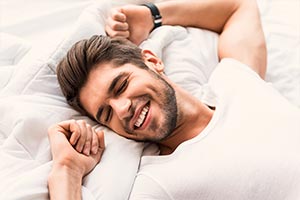 |
Our custom-made appliances work by holding or moving the lower jaw in a forward position while sleeping. This is only a few millimetres but it’s enough to ensure the tongue is shifted forward with it. As a direct result, the airway is kept open therefore preventing snoring and sleep apnoea issues. |
I’m struggling With My CPAP machine – Can I use oral appliances as an effective alternative?
 |
In a word, yes! Melbourne dental sleep patients should know that they are a viable, convenient and comfortable alternative to bulky CPAP machinery. Oral appliances are also a perfect back-up in situations where you need to travel, or where there is no access to power. |
Can I use cheaper over-the-counter appliances?
Yes, you can, but there is no guarantee they will work. Most of these are non-customisable ‘one size fits all’ models which may exacerbate your problems or not assist them. Some appliances can even make sleep apnoea or snoring problems worse.
I have been diagnosed with Bruxism (teeth grinding), can these appliances help?
Absolutely! As a side benefit, oral appliances can also help prevent teeth from grinding together during sleep.
Will I have to wear my oral appliance forever?
 |
This is hard to say! While no two patients are alike, there isn’t an overnight solution. As a result, Melbourne Dental sleep clinic patients are encouraged to continue to wear their appliances even as a precautionary measure to prevent symptoms from occurring. Think of your night-time oral appliance as part of your routine. A bit like taping up your ankle when you play sports. You do it to add stability and to safeguard against other injuries. |
What’s a typical lifespan of an oral appliance? Are there any side effects?
While typically they are designed to last around 5-10 years, oral appliances can last considerably longer if cared for properly. Dr Teo and the team will give your oral appliance an annual check-over to ensure it remains in good condition and is capable of doing the job it set out to do. On some occasions, we will perform a reline in cases where wear and tear are apparent and when you do eventually need to replace your oral appliance, we will change it at a discounted price.
The majority of patients at Dental Sleep Clinic Melbourne experience little to no side effects. However, a few people may experience minor side effects ranging from dry mouth to bite changes through to excessive salivation. That said, most side-effects are temporary and will usually disappear after a day or two. If not, the appliance may only need a simple adjustment.
What about if I already wear a bridge or denture or have missing teeth?
No problem! Our custom made oral appliances are designed to be used in virtually any given situation. Provided that you have at least 4 teeth remaining, then an appliance will function easily.
Even for edentulous patients -with no teeth-, or a denture, an appliance can still be made, although it might be a little more tricky.
What do the costs cover for my sleep disorder treatment?
Costs cover any initial consultations and follow-ups but also include:
- Laboratory fees
- Fitting appointments
- Customised manufacture of your oral appliance and,
Any warranty that covers faults, repairs or maintenance
Is an oral appliance therapy claimable through Medicare or any private health insurance?
Unfortunately not through Medicare. Your private health insurance might cover the cost but it depends on your level of cover. Oral appliances are covered under both minor and major dental cover so you will need to check the small print. Companies such as BUPA, Medibank Private, NIB and HBF may need a letter from our clinic before you can claim a rebate on the oral appliance.
Is my oral device claimable through the Department of Veteran’s Affairs?
Yes. However, you will need to have undergone an initial consultation, be referred or have undergone a sleep study and have gained approval before commencing your treatment.
What insurances do you accept and do you offer payment plans?
We accept all private health insurance, however, our Dental Sleep Clinic in Melbourne does not have HICAPS. As a result, patients will need to pay on the day in full, then claim the funds back via their own Health fund. Patients can benefit from several flexible ways to pay.
What treatments are available for snoring and sleep apnoea?
We offer CPAP machines, oral appliances, and behavioural therapies as part of a tailored treatment plan to manage snoring and sleep apnoea effectively.
How do I know if I need to seek help for a sleep concern?
If you’re experiencing persistent fatigue, snoring, difficulty sleeping, or daytime drowsiness, it may be time to get a consultation.
What is involved in a sleep study?
A sleep study involves monitoring your breathing, movement, and heart rate while you sleep. It helps in diagnosing sleep disorders like apnoea and insomnia.


